Car Finance Loans vs Bank Loans
The Ultimate Guide for 2025

Are you struggling to decide between dealer car finance and a personal bank loan? You’re not alone. With 76% of new cars purchased using some form of financing, understanding your options is crucial to avoiding costly mistakes. Whether you’re considering car finance through a dealership, a personal loan from your bank, or other options like guaranteed car finance or bad credit car finance, it’s essential to compare each to make an informed decision.
In this comprehensive guide, we’ll answer the most searched questions about car finance vs bank loans, revealing the hidden truths that dealerships and banks often don’t tell you upfront. We’ll also explore other financing options available, such as personal contract purchase (PCP), to ensure you have all the details needed to make the best financial choice. By the end, you’ll understand which route best fits your needs, whether you’re looking for lower monthly payments, better interest rates, or more flexible terms. Keep reading to avoid common pitfalls and secure the best deal for your next car purchase.
The Core Differences Between Car Finance & Bank Loans Explained
Car finance and bank loans are two popular options for financing a car, but the language and details around them can be confusing. While both options provide the means to pay for your vehicle, they differ in important ways such as interest rates, loan terms, and repayment flexibility. Understanding these differences is key to choosing the option that best suits your financial situation and goals. There’s a lot to consider, including how each option impacts your budget, credit score, and the overall cost of the car. We’ll walk you through the main points to consider to help you make the most informed decision.
Before diving into more details and some of the associated pros and cons, let’s clarify some of the most popular options:
Dealer Car Finance Options:
Bank Loan Options:
Car Financing vs. Bank Loans: Essential Things You Should Know
1. Car Finance vs Bank Loans: Buyer Rights & Protection
One of the most common questions is whether dealer finance provides better consumer protection than bank loans when problems arise after you’ve purchased a vehicle.
With dealer car finance (PCP/HP from providers like Santander, Blue motor finance):
- The finance company legally owns the vehicle until the final payment
- This creates a vested interest in resolving serious vehicle issues
- Some finance companies will act as intermediaries with dealers

With bank loans (from providers like Halifax, Lloyds, or Nationwide):
- You own the car outright from day one
- The loan provider has no direct involvement with the vehicle
- You’re typically on your own when dealing with dealer issues

When surveying our customers about the protection that dealer finance offers, they come up with the following:
“When my BMW developed multiple serious faults within weeks, I contacted BMW Finance directly. They arranged for the car to be collected from my home and initiated the return process because they didn’t want to finance a defective vehicle.”
The protection reality:
While dealer finance can sometimes offer an additional layer of protection, this varies significantly between finance companies. Always research specific provider reviews before assuming you’ll get assistance.
2. Car Ownership Explained: When Is the Car Legally Yours?
A fundamental difference that affects everything from insurance to modification rights.
With dealer finance:
PCP finance: You never automatically own the car unless you make the final balloon payment.
HP finance: You only own the car after the final payment.
Car leasing: You never own the vehicle.

With bank loans (from providers like Halifax, Lloyds, or Nationwide):
You own the car immediately upon purchase.
Full freedom to modify, sell, or trade at any time.
No mileage restrictions or condition requirements.

Insurance, Modifications & Selling Your Car Impact:
This difference affects insurance costs, your ability to modify the vehicle, and your flexibility to sell when needed. Bank loans provide immediate ownership but dealer finance options like those from Mercedes, Audi or Toyota keep the car as their asset until full payment.
3. Dealer Car Finance vs Bank Loans: Which Option Is Cheaper?
Perhaps the most important consideration for most car buyers is the bottom-line cost difference.
Dealer finance total costs include:
- Sometimes higher APR (average 7-12% in 2025 for PCP and HP)
- Potential administration fees and documentation charges
- Optional payment or asset protection insurance
- Mileage overage charges (with PCP and leasing)
- Potential balloon payment (with PCP)

Bank loan total costs include:
- Generally lower APR for those with good credit (average 3-7% in 2025)
- Potential arrangement fees
- No mileage or condition penalties
- No surprise end-of-term payments
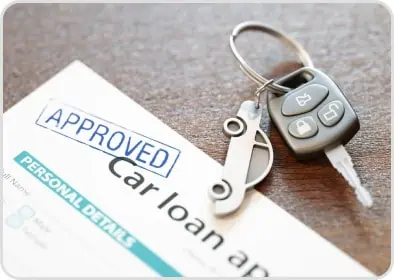
Car Finance vs Bank Loans Cost Comparison:
For most buyers with good credit, a bank loan will potentially cost less in total than dealer finance. However, if you have bad credit you may not be accepted and you have more chance of securing finance with a company like ChooseMyCar. It’s also important to note that if you opt for PCP, your monthly payments are typically lower because you’re essentially renting the vehicle rather than buying it outright.
4. Car Dealer Incentives & Freebies
Dealers frequently offer tempting incentives with their finance packages that seem too good to pass up. We’ve listed some of the most common extras below.
Common dealer finance "extras"
- Deposit contributions (often £500-£2,000)
- Free servicing packages
- 0% APR finance offers
- Extended warranties
- Cashback deals

The truth about car dealer incentives
Although some of these deals may sound great, their cost is typically built into the finance package through:
- Higher vehicle selling prices
- Stricter mileage limits
- More expensive optional extras
- Reduced flexibility for negotiation
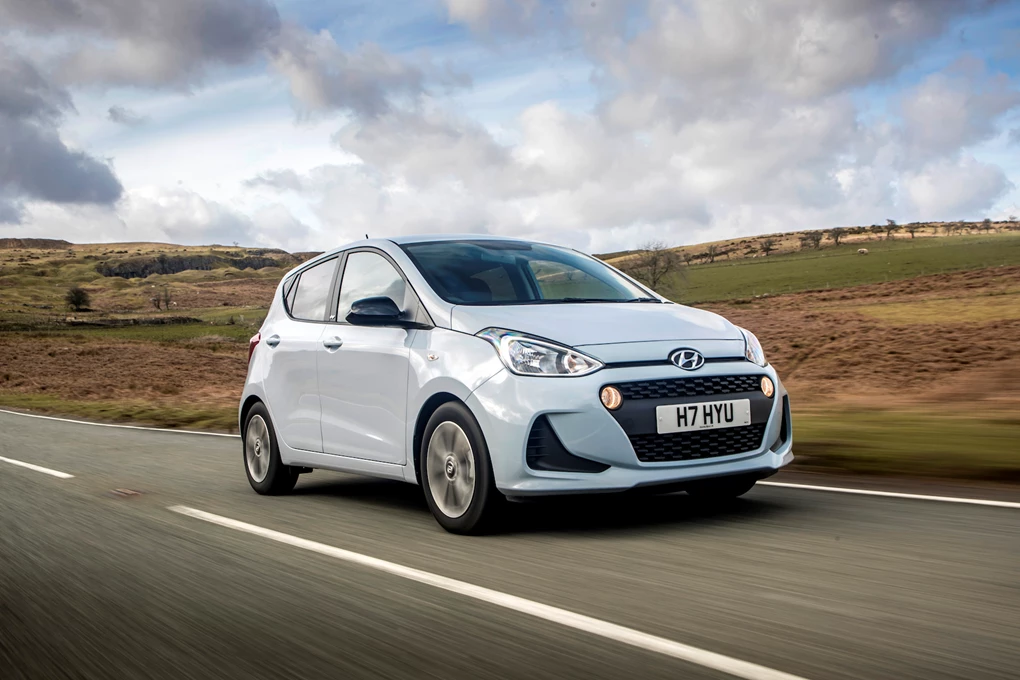
5. car Finance vs Bank Loans: Legal Protection & Repossession Rights
A little-known legal protection that exists with dealer finance but not with personal loans.
With regulated dealer finance agreements:
- Once you’ve paid 1/3 of the total, the finance company needs a court order to repossess the car
- Once you’ve paid 1/2 of the total, you can voluntarily terminate the agreement and return the car with no further payments (even if the car’s value has dropped significantly)

With bank loans:
- No similar statutory protections exist
- Default can lead to court action and debt collection
- The entire loan remains payable even if you no longer want the car
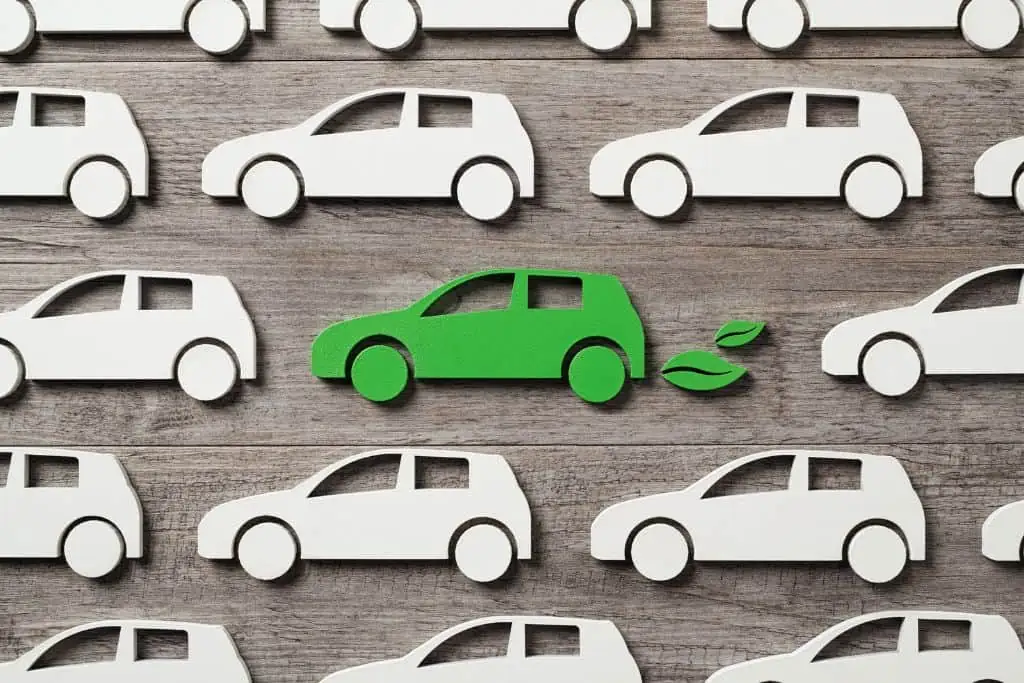
Exiting a car finance agreement early:
These protections can be invaluable if your financial situation changes or if you need to exit the agreement early. Most bank loan applications and car finance agreements from providers like Moneybarn, Close Brothers, or Arnold Clark don’t prominently highlight these differences.
6. Dealer Car Finance vs Bank Loans: Credit Score Impact
How each option affects your credit profile can have long-term implications.
Dealer finance credit impacts:
- Multiple finance checks from different lenders can temporarily lower scores
- Successfully completed agreements can boost scores
- Some options available for bad credit (though at much higher interest rates)

Bank loan credit impacts:
- Usually just one credit check from a single lender
- Regular payments improve credit history
- Generally require better credit for approval compared to some dealer finance options
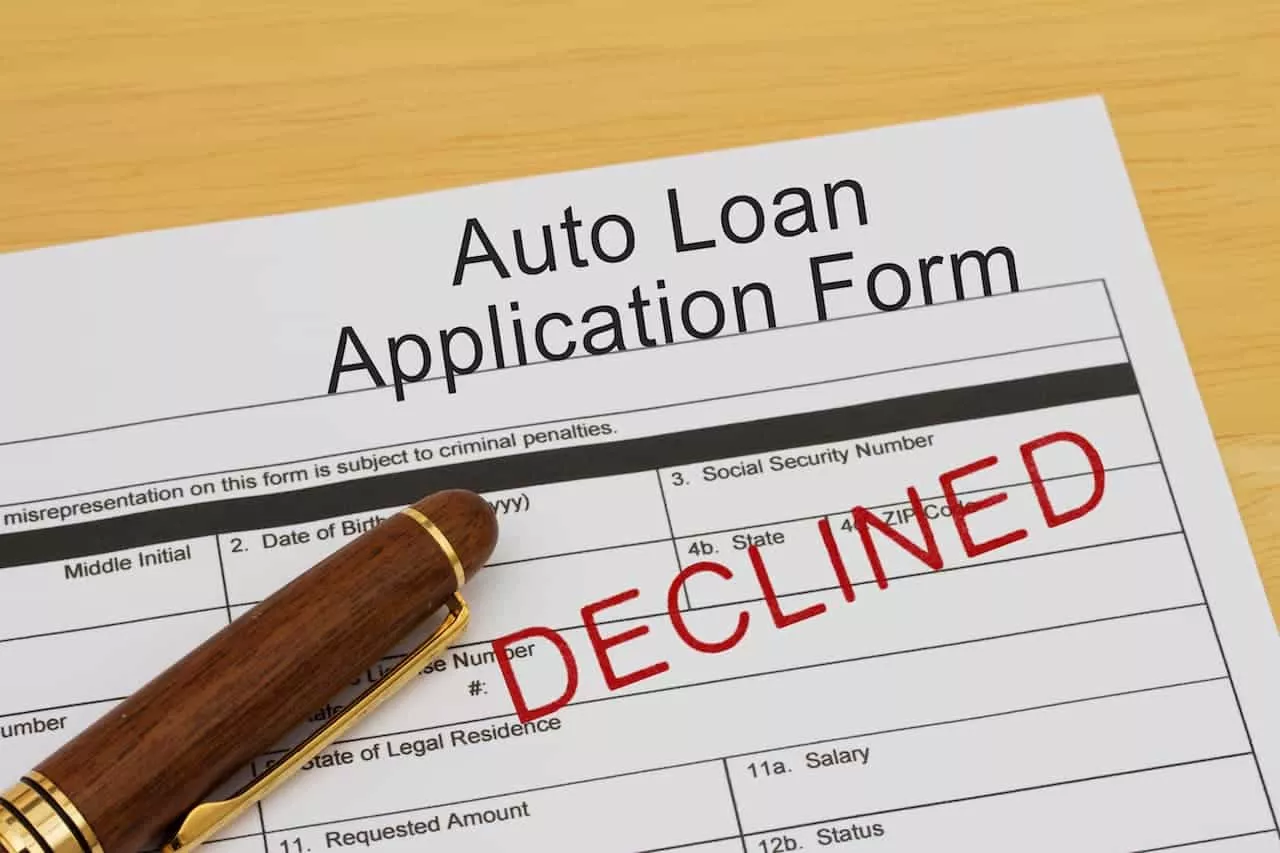
Do I need good credit to get accepted for a bank loan?
While both options can help build credit with consistent payments, bank loans typically require better initial credit scores, while some specialized dealer finance arrangements from companies like Carfinance247 or Zuto cater to those with poorer credit histories.
Which Type Of Car Financing Is Right For Me?
Rather than a one-size-fits-all recommendation, consider which of these priorities matters most to you:
Consider Dealer Finance If:
- Lower monthly payments are your priority – PCP typically offers the lowest monthly costs
- You want a new car every 2-4 years – PCP and PCH make upgrading simple
- You have a limited deposit – Many dealer finance options offer low or no-deposit arrangements
- You don’t mind not owning the car – Leasing and PCP work well if ownership isn’t important
- You have credit challenges – Some specialized dealer finance options cater to poorer credit histories
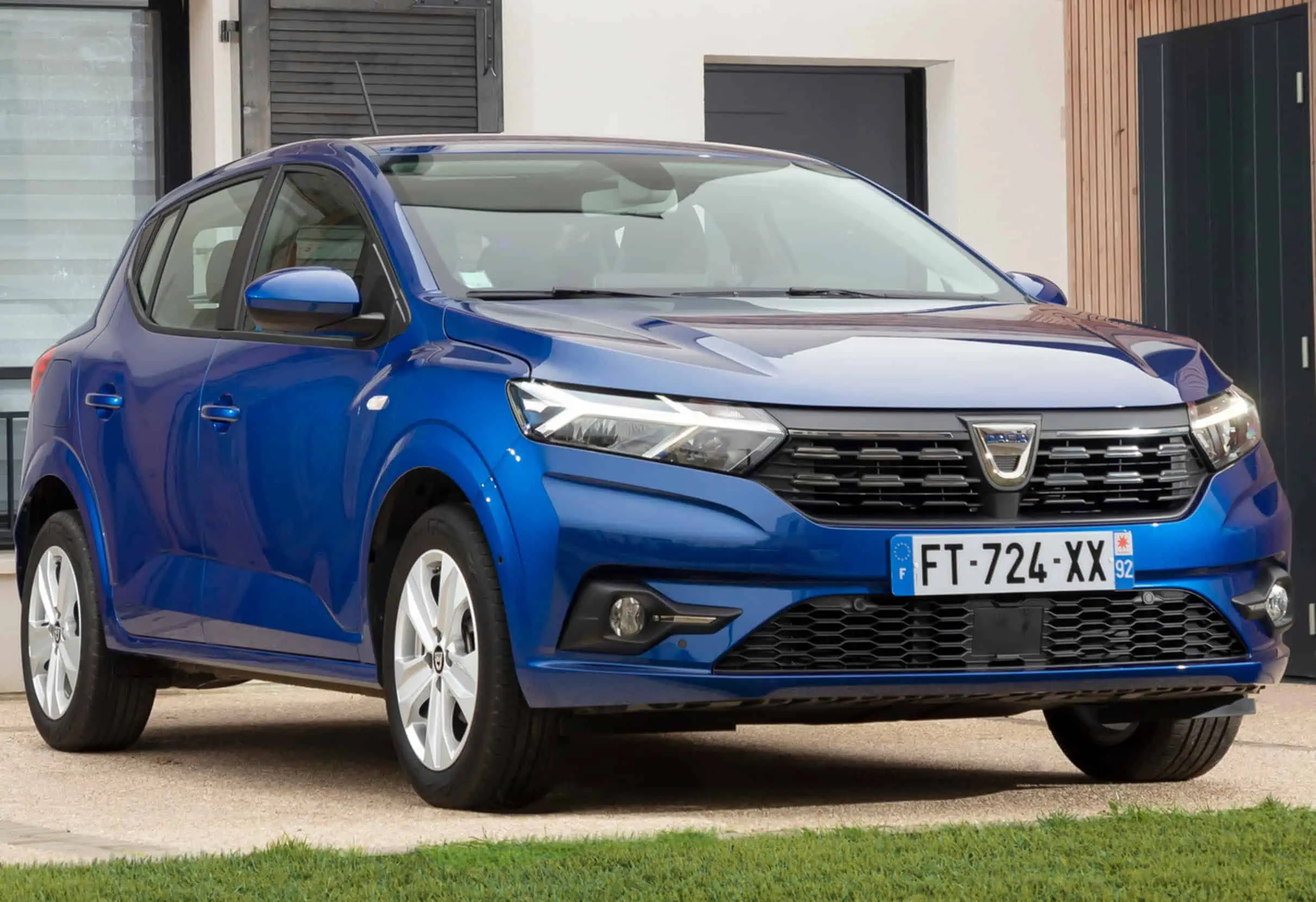
Bank loan total costs include:
- Lower total cost is your priority – Bank loans typically offer lower APRs
- You want immediate ownership – You own the car from day one
- You plan to keep the car long-term – No balloon payments or upgrade pressure
- You want freedom to modify or sell – No restrictions on what you do with your vehicle
- You’re buying privately – Dealer finance is rarely available for private purchases

How to Get the Best Car Finance Deal: Practical Next Steps
Whichever option you’re leaning toward, follow these steps to secure the best possible arrangement:
The Bottom Line: Making Your Car Finance Decision
The right choice depends entirely on your personal circumstances and priorities. While bank loans typically offer lower total costs and immediate ownership, dealer finance options provide lower monthly payments and easier upgrading paths.
Remember that with either option, the terms are negotiable. Don’t accept the first offer, and always calculate the total cost of ownership over the entire finance period before signing.
Whether you choose Mercedes car finance, Ford Credit, Barclays car loans, or a credit union personal loan, armed with this knowledge, you can avoid the common pitfalls and secure a deal that truly works for your situation.
Your future self will thank you for taking the time to understand these crucial differences rather than discovering them the hard way with unexpected costs or restrictions down the road.




